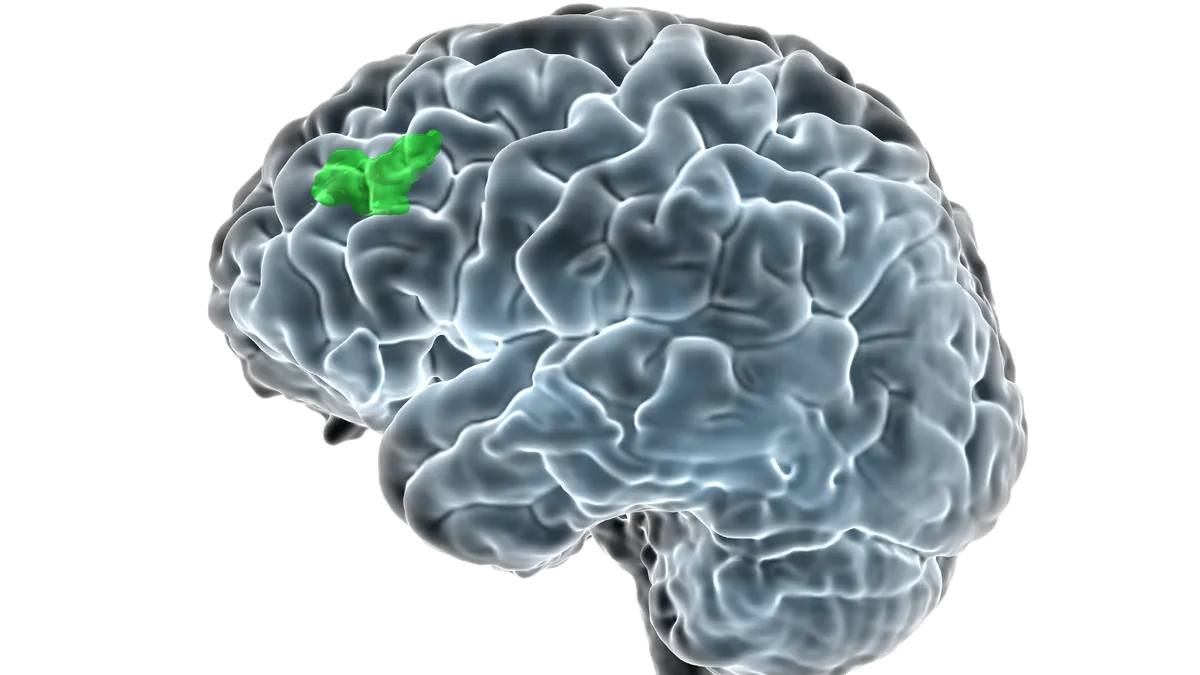Dive Brief:
- Magnus Medical’s SAINT Neuromodulation System has been granted 510(k) clearance from the U.S. Food and Drug Administration for treatment of major depressive disorder (MDD).
- Magnus secured the green light to start selling the device for the treatment of adults who have tried antidepressants without success after showing 79% of people treated with SAINT entered remission, compared to 13% of their peers in the control group.
- A limited commercial launch is planned for next year. Magnus is building a waitlist and talking to healthcare professionals ahead of the start of commercial sales of the breakthrough-designated system.
Dive Insight:
Magnus’ technology, which originated at Stanford University, is designed to improve on the intermittent theta-burst stimulation (iTBS) that is already used in patients with treatment-resistant depression. The researchers behind SAINT, an acronym of Stanford accelerated intelligent neuromodulation therapy, aimed to shorten the six-week duration of iTBS and improve on its efficacy.
The resulting high-dose iTBS protocol outperformed a sham treatment in a small randomized controlled trial. Of the 14 participants treated with SAINT for five days, 11 met the FDA criteria for remission. Two of the 15 participants in the control group met the remission criteria.
Four weeks after treatment, the depression rating scale scores of SAINT recipients were down 52.5% from baseline, on average, compared to a 11.1% reduction in the control group. The results suggested that the technology improves outcomes, although the researchers noted a need for further trials to determine the durability of SAINT and compare it to other treatments.
In a statement, Mark George, M.D., director of the Brain Stimulation Division, Psychiatry at the Medical University of South Carolina, said the five-day SAINT treatment regimen opens up new possibilities to treat hospitalized patients and people who present at the emergency room.
The newly cleared device will challenge Magstim’s products. Magstim received FDA clearance for an iTBS system in 2019, reducing the treatment time from 37.5 minutes to 3 minutes. The protocol still requires six weeks of treatment.










